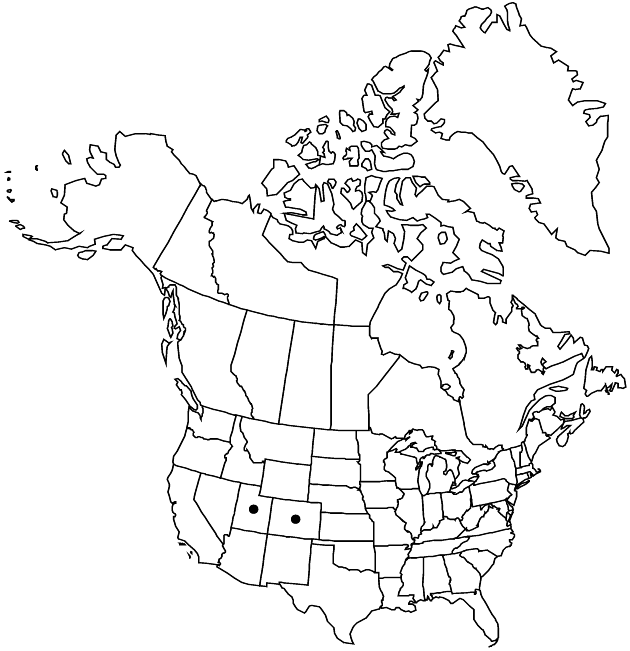Difference between revisions of "Gaillardia spathulata"
Proc. Amer. Acad. Arts 12: 59. 1876.
FNA>Volume Importer |
imported>Volume Importer |
||
| (2 intermediate revisions by 2 users not shown) | |||
| Line 6: | Line 6: | ||
|place=12: 59. 1876 | |place=12: 59. 1876 | ||
|year=1876 | |year=1876 | ||
| + | }} | ||
| + | |special_status={{Treatment/ID/Special_status | ||
| + | |code=E | ||
| + | |label=Endemic | ||
}} | }} | ||
|basionyms= | |basionyms= | ||
| Line 44: | Line 48: | ||
|publication title=Proc. Amer. Acad. Arts | |publication title=Proc. Amer. Acad. Arts | ||
|publication year=1876 | |publication year=1876 | ||
| − | |special status= | + | |special status=Endemic |
| − | |source xml=https:// | + | |source xml=https://bitbucket.org/aafc-mbb/fna-data-curation/src/2e0870ddd59836b60bcf96646a41e87ea5a5943a/coarse_grained_fna_xml/V19-20-21/V21_1058.xml |
|tribe=Asteraceae tribe Heliantheae | |tribe=Asteraceae tribe Heliantheae | ||
|subtribe=Asteraceae (tribe Heliantheae) subtribe Gaillardiinae | |subtribe=Asteraceae (tribe Heliantheae) subtribe Gaillardiinae | ||
Latest revision as of 20:07, 5 November 2020
Perennials, 5–35 cm. Leaves mostly cauline; petiolar bases 2–8 cm; blades obovate to oblanceolate or spatulate, mostly 2–5(–8) cm × 5–25 mm, margins usually entire, sometimes obscurely lobed or toothed, faces sparsely villous. Peduncles 2–6(–10) cm. Phyllaries 18–24+, lanceolate-ovate to lanceolate-attenuate, 8–12 mm, villous with jointed hairs. Receptacular setae 0.3–2 mm. Ray florets 7–10; corollas yellow, 12–16 mm. Disc florets 60–100+; corollas yellow, tubes 0.8–1.2 mm, throats cylindric to urceolate, 4–4.5 mm, lobes ovate-deltate, 0.8–1.2 mm, jointed hairs 0.3+ mm. Cypselae obpyramidal, 3–4 mm, hairs 1.5–2 mm, inserted at bases and on angles and faces; pappi of 10 lanceolate, aristate scales 5–6.5+ mm (scarious bases 3.5–4.5 × 0.8–1.5 mm). 2n = 34.
Phenology: Flowering May–Jun(–Oct).
Habitat: Clays or sandy soils, often rocky places, deserts
Elevation: 1200–2400 m
Discussion
Selected References
None.
